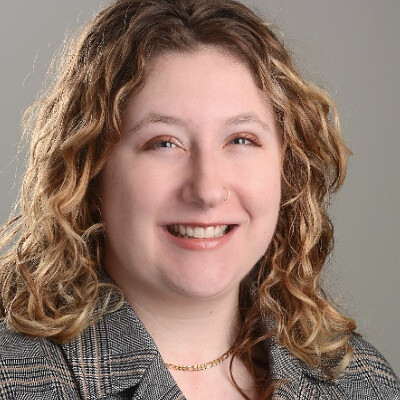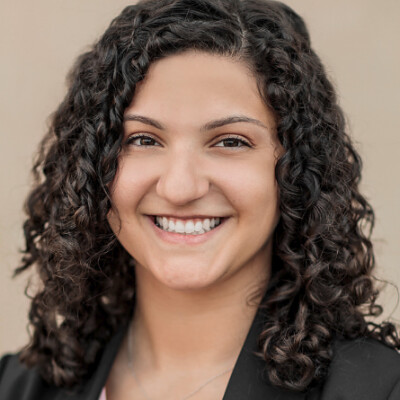Confidence in Interprofessional Collaboration Within Indigenous Community Engagement
Indigenous people within the United States are drastically underrepresented in the field of medicine. Out of the 23,156 matriculants to U.S. MD-granting medical schools in the 2024-2025 cycle, only 35 identified as American Indian or Alaska Native alone, and only 166 identified in combination with another race or ethnicity. To address this disparity, students from the Jacobs School of Medicine and Biomedical Sciences and the Seneca Nation Education Department collaborated to form an annual event, known as 7th Generation Operation. This event seeks to introduce Indigenous students in grades 6-12 to a variety of health professions, including but not limited to Medicine, Nursing, and Dentistry.
The primary aim of 7th Generation Operation was to offer educational experiences to Indigenous middle and high school students, while also fostering collaboration among students from various health professions. Medical students served as both event organizers and co-authors, demonstrating meaningful leadership in the planning and evaluation of the initiative. Volunteer students worked together to facilitate hands-on workshops, a career fair, and a case discussion designed to engage middle and high school students, and build confidence among health professional students to work in interprofessional teams and deliver care with cultural humility. With a focus on community engagement, the event also sought to advance educational and workforce diversity. It aligns with the goals of the Quadruple Aim by supporting population health, enhancing educational experiences, and promoting provider development.
A cross-sectional analysis was used to assess whether participation in 7th Generation Operation improved healthcare students’ and clinicians’ competencies in interprofessional collaboration and social determinants of health. Post-event, volunteers and facilitators were surveyed using ICASS and UBiSODH to capture measurable outcomes, along with two qualitative measures to explore their perspectives on participating in this student-led interprofessional event. Results showed that students from the schools of health professions found the event to be valuable and that it increased their IPE skills and confidence. These findings have important implications for the field of interprofessional education, highlighting how student-led events and community engagement serve as essential sites for developing IPE skills and competencies and preparing future health care practitioners.





